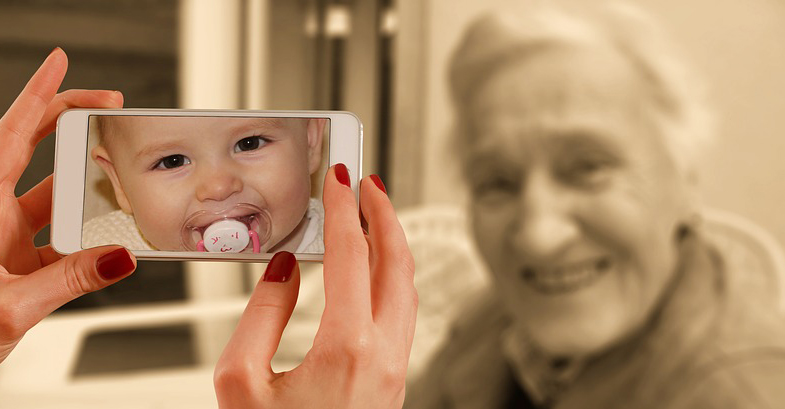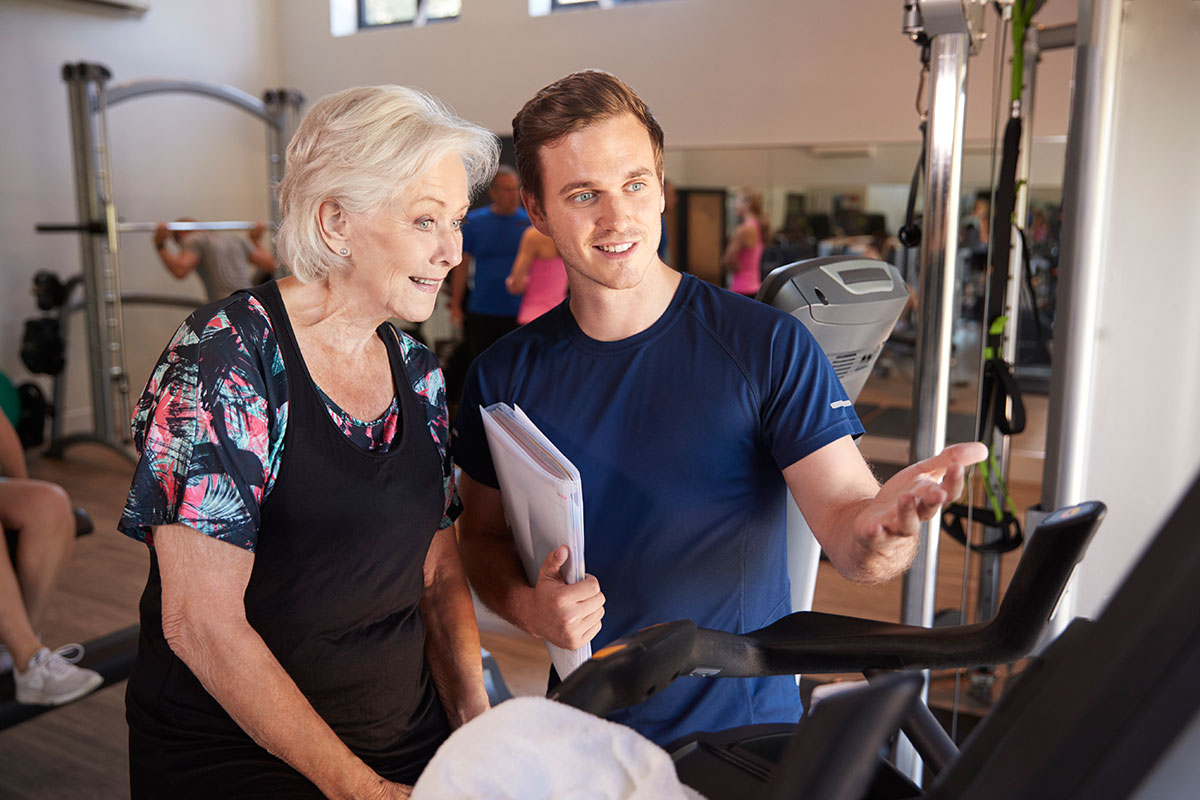The human body undergoes a lot of changes during its lifetime. From infancy to old age, there are biochemical processes in the body that define these changes.

Some of them are visible externally, such as the greying of hair, skin becoming less supple, etc.
But beneath all of this, some processes happen to make all of this possible.
Metabolic Changes
Metabolism is defined as the chemical reactions that occur to keep the body functional.
Although metabolism does decrease during old age, this effect can be slowed down by exercising and staying fit.
Metabolism is influenced by four major factors:
- Resting Metabolic Rate – This is the number of calories that you burn while you’re in a state of rest. This is the least amount of energy that you need to keep functioning.
- Thermic Effect of Food – This is the number of calories that you burn by digesting and absorbing food.
- Non-Exercise Activity Thermogenesis – The number of calories that you burn by small actions that are not defined as an exercise. Ex: Casual walking, washing dishes, etc.
- Exercise – This is the number of calories that you burn through active exercise.
Through active exercise, you can sustain your metabolism while aging. This does not prevent it, but delays the onset and reduces the impact.
Genetic Changes During Aging
Throughout a person’s lifetime, their cells are exposed to harmful environments, continuously damaging them. This reduces the body’s capacity to heal from injury and regrow dead cells. This damage to the cells also damages the DNA.
While DNA can replicate, it’s not infinite.
It’s limited by Telomeres.
Telomeres are protein complexes that cap the end of linear DNA strands. During replication of DNA strands, Telomeres do not replicate. Instead, they stretch themselves out between the newly created strands. Because of this, there are a limited number of times that DNA can replicate.
It’s been observed that there’s a direct correlation between the shortening of telomeres and the production of somatic stem cells throughout the course of aging. This shortening of telomeres is what causes a large number of age-related diseases in humans.[1]
Hormonal Changes During Aging
Hormones cause significant changes while the human body ages.
Before adulthood, there’s a substantial increase in the production of the growth hormone in the human body.
After attaining adulthood, the production of this hormone is reduced and ultimately declines as the person grows older.
Tropic hormones rise during puberty. This hormone increases the production of sex steroids and growth hormones. It’s been observed that the decline of Growth Hormone reduces by 15% for every ten years in adulthood.[2]
Sleep is also a factor in hormonal changes during aging.[3]
Without adequate sleep, hormonal imbalances have been known to occur, when compared to individuals who get a proper amount of sleep regularly.
In men, it’s been found that there is a significant reduction in the production of testosterone as they age.
This commonly happens during Andropause. This reduction in testosterone is attributed to the loss of libido, depression, the decline in cognitive ability, and loss of muscle mass and strength.
This can be slowed to an extent through an active exercise to maintain muscle mass. But it’s not entirely preventable.
The reason for this reduction in the production of testosterone is because of the reduced hypothalamic secretion in the pituitary gland.[4] Although this can be treated with Androgen replacement therapy, it is usually only reserved for those with an abnormal change in their testosterone levels.
In women, the balance of hormones changes during menopause. Common symptoms of menopause include “hot flashes,” mood swings, and problems with sleeping.
Menopause typically happens to women in their mid-forties. Their bodies start making less of the female sex hormone, Estrogen. Because of this, their menstrual cycles slow down, become less regular, and eventually stop altogether. This signifies the end of the woman’s fertility.
When a woman has her last period that is when her menopause begins. In addition to the end of menstrual cycles, the walls of her vagina will also dry up and thin.[5]
Both Andropause and menopause cannot be completely stopped, but the loss of hormones can be reduced with hormone replacement therapy. This is done by artificially injecting hormones like estrogen and testosterone into the person’s body.
Exercise can lessen the impact of this to an extent, but it is not entirely preventable. It’s a natural cycle that happens to everyone.

Slowing Down the Effects of Aging
Unfortunately, it’s not possible to prevent the effects of aging. It’s a natural process that cannot be stopped. But it can be reduced to a great extent with controllable factors.
But for most people, a healthy and balanced diet with proper exercise can keep the effects of aging from impacting them too adversely. You can follow this at any age, and it isn’t restricted to only those that are beginning to feel the signs of aging.
Loss of muscle mass is a significant aspect of aging, and continuous exercise can help keep muscles from degenerating from loss of testosterone. A proper protein diet also helps, since this ensures that there’s an adequate supply of protein for the human body to repair damaged cells. [6]
Talk to your doctor about a proper exercise regimen for you to arrive on a schedule that is suited to your requirements.
Maintaining this should help prolong your lifespan while minimizing the adverse effects of aging.
Jill Roberts, is an owner and editor of Wellness Geeky Health & Wellness Publication. She and her team dedicated to provide readers and clients with most reliable Health information. She holds Master’s Degree in Molecular Biology and PHD in Epidemiology and Clinical Research. She also worked as an editors for European Medical publication (European Medical Journal) for 7 years.
References
- https://www.ncbi.nlm.nih.gov/pmc/articles/PMC3295054/#b9-ad-2-3-186
- https://www.ncbi.nlm.nih.gov/books/NBK279163/
- https://www.wellnessgeeky.com/3-tips-to-get-more-sleep-and-reduce-stress/
- https://www.ncbi.nlm.nih.gov/pmc/articles/PMC1502317/
- https://www.ncbi.nlm.nih.gov/pubmedhealth/PMH0072495/
- https://www.wellnessgeeky.com/arbonne-protein-shakes-powder-reviews/
